Coughing 101
Just like humans, pets can get colds. In an area of high dog-density like ours, it is especially easy for upper respiratory infections to spread. While a dog’s cough can sound terrible, most of the time it does not require immediate medical attention. In this article, we will go over a few key signs with input from our own Dr. Erin Newman to help distinguish when it needs medical attention.
Prevention
First and foremost, it’s crucial to ensure your pup is updated with annual vaccinations so they are protected from infection. “We recommend vaccinations against Bordetella and CIV (canine influenza) for all dogs that are socializing in dog parks, daycares, boarding or just coming into nose-to-nose contact on the sidewalk,” says Dr. Newman. It’s also advisable to make sure your boarding facility or groomer requires current vaccination from their clients to reduce your pet’s chances of exposure.
How do I know if my dog’s cough needs medical attention?
Just like humans, a cough here and there from a dog doesn’t necessarily mean they are choking or have an upper respiratory infection. A cough or sneeze periodically, once a day for example, is not atypical. Canine coughs sound much deeper than a human cough, so it may be alarming at first and sound as though your pet is choking, yacking or severely ill. Many times this is not the case.
Some examples of symptoms that would require medical attention are:
Repetitive or Uncontrolled Coughing
Coughing Accompanied by Lethargy
Coughing with Loss of appetite
Coughing with Nasal discharge
some clear nasal discharge isn’t abnormal
Many dogs can exhibit signs of a reverse sneeze. “Reverse sneezing occurs when there is a tickle in the oropharynx (back of the throat). This causes a sneeze attack but inhaling instead of exhaling so it sounds a little like a snort mixed with a gasp for breath. It is completely benign and nothing to worry about,” says Dr. Newman.
Watch an example of a reverse sneeze here.
Some dogs will also reverse sneeze after pulling on a leash with a normal collar.
Small breeds commonly can suffer from reverse sneezing. If this is happening often, please talk to us about it.
What should I do if my dog is coughing?
If your dog is coughing, but does not require immediate medical attention, we recommend isolating them from social interactions while you wait for them to be evaluated. This means:
No daycare, no play dates, no parks, no patios etc.
If your dog is a frequent daycare or boarding client, check with the facility they visit to see if there has been reports of coughing from other clients.
“Please isolate your dog if coughing is seen. A large majority of dogs will recover just fine, as you would from a cold or flu. Just like humans, a routine cold can occasionally progress into something more serious such as pneumonia. Please seek veterinary care if your dog is lethargic or showing decreased appetite,” says Dr. Newman.
If your dog’s cough is persistent or accompanied by other symptoms, schedule an appointment.
How can I tell if my dog is choking?
As we mentioned before, a dog’s cough can sound alarmingly low and harsh so it can be easy to confuse with a choking sound. A cough likely won’t need immediate medical attention, but a choking dog absolutely will. Here’s how to tell the difference:
If your dog can breathe, it is highly unlikely that something is blocking their airway and they are choking.
Signs of distress that may be a sign of choking and require immediate medical attention:
Drooling and pawing at the mouth
Collapsing
Blue-ish gums
Continued gagging
If your dog is exhibiting these symptoms, immediate medical attention is required. We recommend immediately heading for an ER such as MedVet.
We understand wait times have been long for many concerns at ERs at this time but they will triage all pets and emergency treatment will be provided to any pet experiencing a critical emergency such as choking.
If your pet is choking, the ASPCA recommends these steps. Please use caution as a frightened or disoriented pet can bite even when normally docile.
If your pet has stopped breathing you may need to perform CPR. Please refer to this American Veterinary Medical Association tutorial on CPR.
We hope you found these tips useful and that they help you keep your pet happy and healthy! If you have any questions, don’t hesitate to ask us. We are always here for you and your pet.


